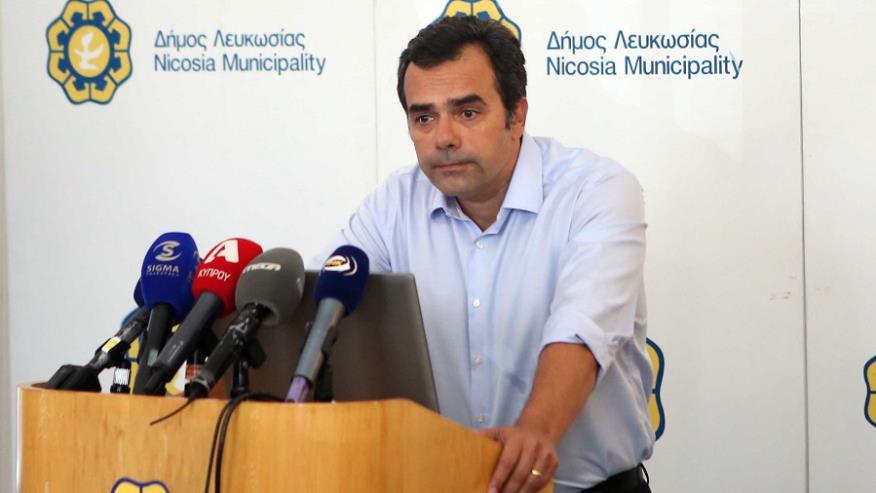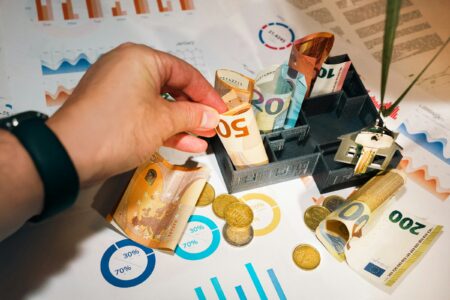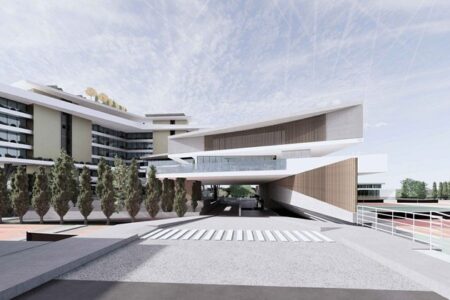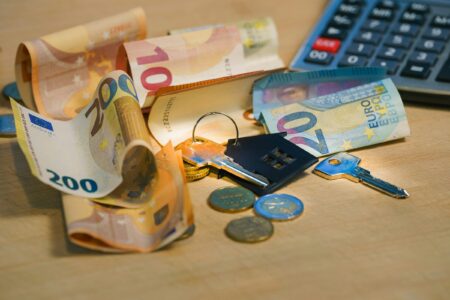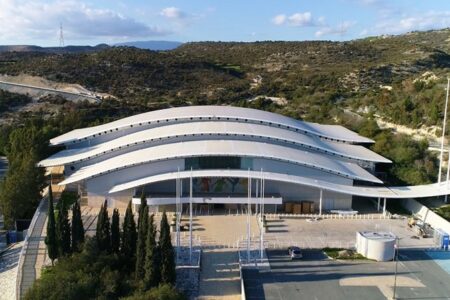13.05.2022
The Nicosia Municipality is committed to transforming the capital into a more resilient and sustainable city for the benefit of future generations, and over the past decade has formulated and is implementing a multi-layered environmental intervention strategy, Mayor Konstantinos Giorkatzis said.
In his speech at the opening ceremony of the 113th European Manufacturers’ Federation Conference, Mr. Giorkatzis said that the world is changing and cities, as important places of productivity and the center of every country’s development efforts, cannot be left behind.
He noted that for decades our cities have developed without much concern for the environment, and their current mode of operation has been proven to leave a high environmental footprint – air pollution, noise pollution, generation of large amounts of waste, uncontrolled use of natural resources, high energy costs. . intensive economy and high greenhouse gas emissions, incl.
“This outdated city development model is now environmentally unsustainable. Civil society, and especially young people, as dynamic and informed environmentalists, are demanding a green transition towards a more sustainable future. They require immediate solutions to combat climate change and preserve resources for future generations,” he added.
The Municipality of Nicosia, he continued, shares this concern and has formulated and implemented a multi-layered intervention strategy over the past decade.
We have recognized, he said, the need to strengthen the competitiveness of the city center in terms of intensity and diversity of activity, and in this direction we have formulated the Nicosia City Center District Plan, which offers urban planning incentives to increase density in the area. downtown, in the hope that the horizontal spread will stop.
We encouraged, he continued, the re-use of existing abandoned walled-city property, and in cooperation with the state, incentives were given to attract business and create student housing.
“We partnered with the research and innovation community to create an ecosystem for entrepreneurship and innovation, which we placed in the heart of the city, next to the dead zone,” he added.
He noted that we have invested in new uses (such as research centers, higher education institutions) and promoted culture and cultural infrastructure development, greatly strengthening our social services and impressively increasing the activities and programs we implement – both in quality and in count.
“In all our infrastructure projects, we are implementing provisions that promote sustainable transport, increase sustainable mobility in urban areas of Nicosia and aim to reduce greenhouse gas emissions (which is also a commitment of the Republic of Cyprus until 2030),” he said. added.
We have introduced, he said, restrictions on access and movement of personal vehicles in urban centers, bus lanes are being created to enhance public transport, and a network of bike paths stretching more than 50 kilometers.
At the same time, he noted, we are taking measures to support energy efficiency, smart energy management and the use of renewable energy sources in public infrastructure (for example, the use of low-energy LED lamps).
“We are strengthening resilience either by increasing, enriching and upgrading green spaces, or by energy upgrading existing public infrastructure (such as planting trees to increase shading and create a comfortable microclimate for the benefit of users),” he added.
Today, he noted, sustainable urban development depends not only on the amount of “hard infrastructure” in the city, such as roads, parks, attractions, transport (“natural capital”), but increasingly on the availability and quality of connectivity. knowledge and social infrastructure (otherwise “intellectual and social capital”).
The latter, he noted, requires technologies and those intelligent systems that collect and transmit information in real time not only to and from the city itself and its services, but simultaneously from and to city users, citizens and visitors.
“Thanks to these smart systems, other relationships of communication and cooperation between the public and the municipality are developing. This makes it easier to maintain and solve pressing problems in the city, allows citizens to make informed decisions on various issues that concern them, and in general significantly improves the quality of life in the city,” he added.
According to him, the municipality of Nicosia recognized this dimension early and has already started (since 2018) the implementation of a plan to turn Nicosia into a “smart city”.
“Many of the measures that we have implemented and continue to implement require significant resources. Nicosia has benefited greatly from the regional policy of the European Union and various local funding programs, and we are very grateful for this support,” he said.
Finally, he expressed his optimism that, through this path, Nicosia of the future will be a friendlier, more sustainable, greener and more beautiful city for its residents and visitors, but especially for new generations.

